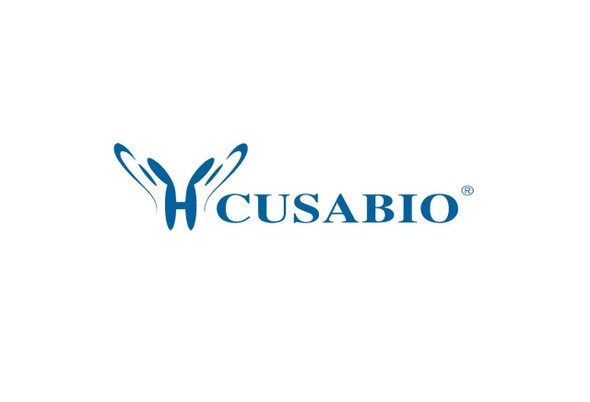Cusabio Polyclonal Antibodies
RRAD Antibody | CSB-PA248209
- SKU:
- CSB-PA248209
- Availability:
- 3 to 7 Working Days
Description
RRAD Antibody | CSB-PA248209 | Cusabio
RRAD Antibody is Available at Gentaur Genprice with the fastest delivery.
Online Order Payment is possible or send quotation to info@gentaur.com.
Product Type: Polyclonal Antibody
Target Names: RRAD
Aliases: Ras-related associated with diabetes
Background: The protein may be important in cardiac antiarrhythmia via the strong suppression of voltage-gated L-type Ca2+ currents. As regulator of voltage-dependent L-type calcium channel subunit alpha-1C trafficking to the cell membrane. Inhibits cardiac hypertrophy through the calmodulin-dependent kinase II (CaMKII) pathway and phosphorylation and activation of CAMK2D. Mostly expressed in the heart and muscle of type II diabetic humans. Also found in the skeletal muscle, lung and adipose tissue. Lesser amounts in placenta and kidney.
Isotype: IgG
Conjugate: Non-conjugated
Clonality: Polyclonal
Uniport ID: P55042
Host Species: Rabbit
Species Reactivity: Human, Mouse, Rat
Immunogen: Synthetic peptide of human RRAD
Immunogen Species: Human
Applications: ELISA, IHC
Tested Applications: ELISA, IHC;ELISA:1:1000-1:5000, IHC:1:25-1:100
Purification Method: Antigen affinity purification
Dilution Ratio1: ELISA:1:1000-1:5000
Dilution Ratio2: IHC:1:25-1:100
Dilution Ratio3:
Dilution Ratio4:
Dilution Ratio5:
Dilution Ratio6:
Buffer: -20°C, pH7.4 PBS, 0.05% NaN3, 40% Glycerol
Form: Liquid
Storage: Upon receipt, store at -20°C or -80°C. Avoid repeated freeze.
Initial Research Areas: Signal Transduction
Research Areas: Cardiovascular;Signal transduction











